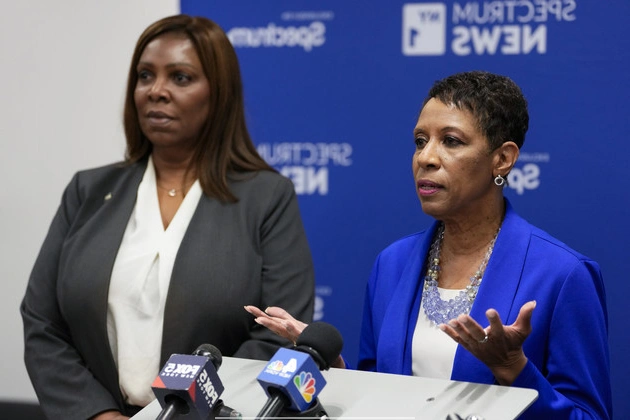
Ranked-choice voting has introduced a new dimension to the NYC mayoral race, with candidates strategically navigating the system to gain an edge. Adrienne Adams, a prominent figure in the race, has chosen a path of strategic silence regarding her ballot choices, sparking intrigue and speculation.
The Intrigue Surrounding Adrienne Adams
Adams, a mayoral candidate with significant support, refrained from disclosing her ranked choices, emphasizing her focus on self-representation and community interests. This decision has raised questions about her alliances and potential strategies in the face of formidable opponents.
Ranked-Choice Voting Dynamics
The ranked-choice voting system allows voters to select multiple candidates in order of preference, reshaping traditional electoral strategies. Candidates like Andrew Cuomo and Zohran Mamdani are actively leveraging this system to secure broader support and counter opposition.
Strategic Alliances and Endorsements
While some candidates have formed strategic alliances and cross-endorsements to consolidate their positions, Adams has maintained a stance of independence, refraining from overtly supporting rival candidates. This approach sets her apart in a race characterized by shifting allegiances and tactical maneuvers.
The Impact on Leading Contenders
Andrew Cuomo, a prominent figure in the race, faces resistance from candidates like Mamdani and Adams, each representing distinct demographics and ideologies. The competition between established and emerging voices highlights the evolving landscape of NYC politics.
Looking Ahead
As the mayoral race progresses, the role of ranked-choice voting and candidates’ strategic decisions will continue to shape the narrative. Adams’ calculated silence underscores the complexity and competitiveness of the electoral process, adding a layer of intrigue to an already dynamic race.
For further insights into the NYC mayoral race and the impact of ranked-choice voting, refer to reputable sources like Reputable Source.











